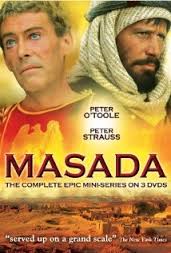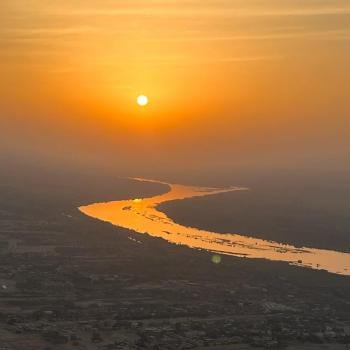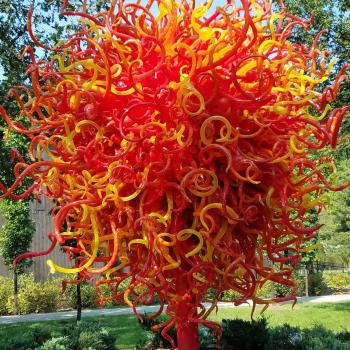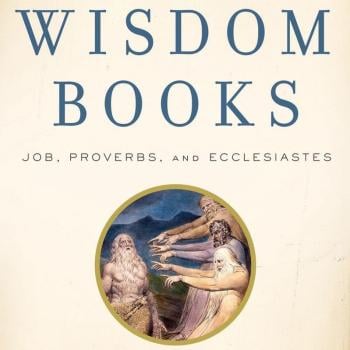In 1981, on ABC there was a multi-part mini-series entitled Masada, starring the magnificent Peter O’Toole and Peter Strauss. It was nominated for 13 Emmy Awards and won several. It was also filmed on location at Masada. When I made my first true trip to Israel in 1985, I went to Masada, and the remnants of the seige engines built for the filming were still there below the giant butte overlooking the Dead Sea. The story called ‘Masada’ without question is told from a man’s point of view, and it involves a lot of bravado, courage, cynicism, and fighting. Always more fighting, but then, this was the story of the remnants of the Zealot movement being snuffed out at Masada in A.D. 72 or so. Peter O’Toole had the plum role of being the Roman general Flavius Silva, in charge of the legion sent to destroy the rebels at Masada. And O’Toole plays the role to the hilt, at one point feeling like he is an animal on a leash, saying ‘I am Vespasian’s monkey’, Vespasian being the commander who left his son Titus to finish off Jerusalem, when Vespasian went off to be Emperor in Rome in about A.D. 69-70, and Titus being the general who left Silva behind on clean up detail.
The Dove Keepers is a horse of a different color. It is the tale of Masada from a woman’s point of view, indeed several women, including the lover of Eliezar the great rebel leader at Masada. It was of course some women who survived the massacre at Masada, and lived to tell the tale to Flavius Josephus, the turncoat Jewish historian who plays a very ambiguous role in Jewish history.
The acting in this new drama, based on a best-selling book, is on the whole, well done, especially in the case of Sam Neil who plays Josephus, and a woman most know as Ziva from the popular TV show NCIS. It is interesting that she plays a Jewish woman involved in Israel in both dramas. In fact Cote de Pablo is an actress from Chile who has won some awards for her TV work.
So what should we think of this two night mini-series? Well, there is plenty of romance, with all the major female characters being portrayed as amorous, in some cases for the sake of survival. Sometimes the show borders on the sort of intrigue one finds in a soap opera involving jealous lovers. But it would be unfair to simply judge it on that basis. It does an effective job of portraying the plight of Jewish women in a man’s world when the Jewish men are fighting a war….. and losing to the superior forces of Rome. But these women are not merely lovers, they are also fighters, and poisoners of the Romans with potions.
Many of the visuals are excellent, the visuals of mikvah on Masada, the dove cote on Masada, the Roman siege camps below Masada, whose outlines you can still see today, the magnificently attired Roman soldiers, and various of the visuals early in the show in Jerusalem.
While one might fault the show for spending too much time on the interpersonal relationships and romances behind the scenes, and too little on the main historical events, on the other hand, this is an exercise in social history from an ancient woman’s point of view, and as such it provides a nice counterpoint to the original Masada film. Of course the outcomes of both mini-series are to an extent the same, except that the surviving women who did not die live to tell the tale, and become the basis of the Dove Catchers.
Kudos should be offered to Mark Burnett and Roma Downey for having enough kutzpah to offer up more Biblical, and swords and sandals, programing for TV. These dramas in some ways are more suited to Passion Week drama than the documentaries on offer. Certainly, for an American TV audience, they are more likely to be watched and raise interest in ancient Jewish or Christian history than pure documentaries. We all love a tale well told, especially if we care about the characters in the story. Especially if the stories are largely true, and involve real people who are part of our Judeo-Christian heritage. And of course the end of the story is just as heartbreaking now as it was when dramatized in 1981. But there is a brighter end note in the Dover Keepers. It begins in the beautiful scriptorium of Josephus and it ends there as well, and in the end, Josephus does tell the story straight.
As the Dove Keepers flies off into the distance, A.D. The Bible Continues is not far behind also by Burnett and Downey (on NBC), offering us the Christian side of the story of the same period in the first century A.D. beginning Easter Sunday night.

















